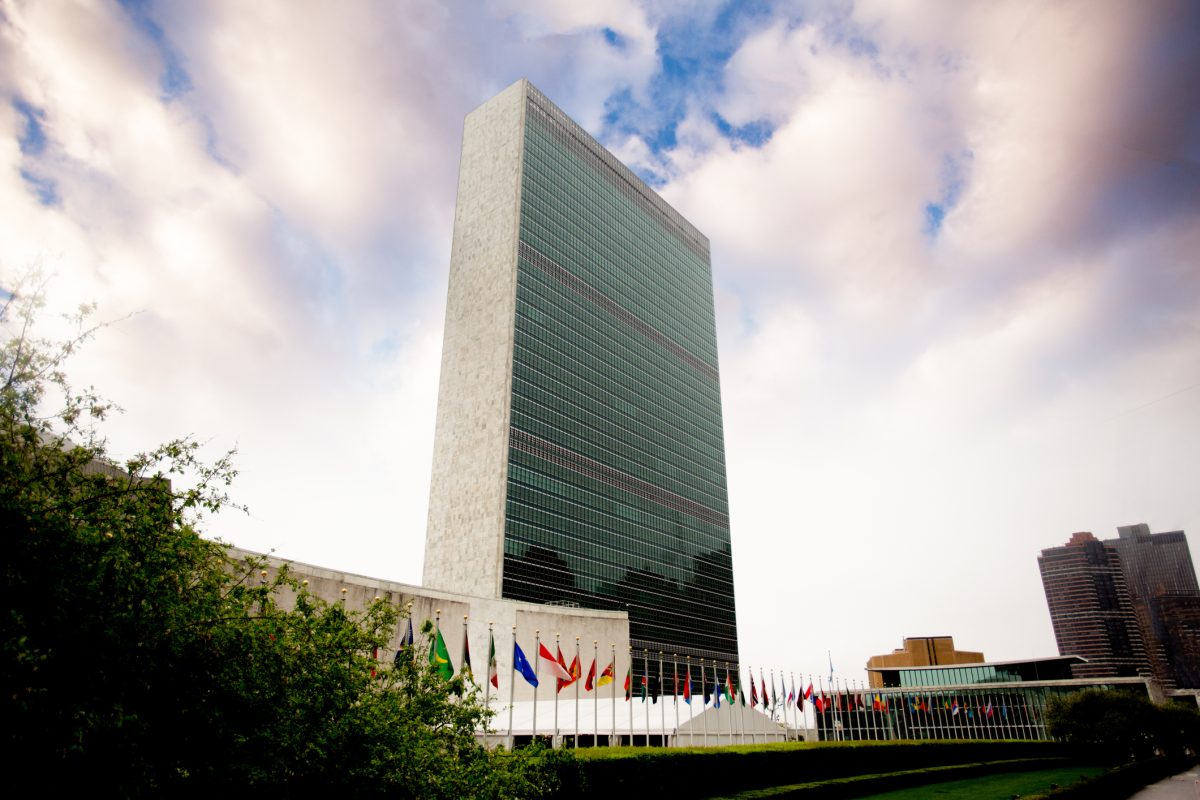
CERD has raised concerns with the WA Government regarding its decision to reinstate the former Aboriginal Heritage Act of 1972. Photo: Grandriver.
A United Nations (UN) committee claims the Western Australia (WA) Government may have breached its binding commitment against racial discrimination after reintroducing the Aboriginal Heritage Act responsible for Rio Tinto’s destruction of the Juukan Gorge rock shelters.
The Committee on the Elimination of Race Discrimination (CERD) chair Michael Balcerzak has raised concerns with the WA Government regarding its decision to reinstate, with some amendments, the former Aboriginal Heritage Act of 1972 – without consultation with, or consent by, First Nations people.
In the letter, Mr Balcerzak writes that these allegations could mean the WA Labor Party has breached its obligations enshrined in the International Convention on the Elimination of All Forms of Racial Discrimination (ICERD).
The saga began when human rights expert Dr Hannah McGlade wrote to CERD in August 2021.
Her letter of complaint was lodged a year after Rio Tinto levelled the 46,000-year-old Juukan Gorge rock shelters in the Pilbara, ancient Indigenous sites the mining company was granted permission to work on under section 18 of the Aboriginal Heritage Act 1972 (WA).
As a member of the UN Permanent Forum on Indigenous Issues, Dr McGlade requested the committee review a proposed replacement to said legislation.
The new laws sought to quell the concerns of multiple Aboriginal land councils and representative bodies, which had seen none of the 463 mining-related applications made since 2010 under the 1972 act rejected.
Premier Roger Cook’s government passed the 2021 legislation in November last year amid an already raging debate over the Voice Referendum.
In response, a coalition of pastoralists and industry rose to protest against the new legislation, claiming a lack of clarity and effectiveness that would result in inadvertent breaches bearing expensive penalties.
Due to the backlash, bolstered by the Opposition, this legislation was repealed and replaced by the original 1972 act on 15 November.
Alongside the reinstatement were amendments that included the pre-existing right of appeal for landowners and native title party. The amended act now allows the WA Premier to intervene and ”call in” an application that is considered to raise issues of ”State or regional importance”.
In other words, the Premier can approve applications that might damage and destruct Aboriginal cultural heritage sites, without the need to be heard by the State Administrative Tribunal.
The UN committee’s letter says: “Since the commencement of the amended 1972 Act on 15 November 2023, 13 landowners have been given consent with conditions under section 18 to use the land for a purpose that is likely to damage or alter Aboriginal cultural heritage, one of those landowners being Rio Tinto, the company that destroyed 46,000-year-old heritage sites at Juukan Gorge.”
CERD’s letter “insists” these landowners cease and desist all operations that have negative implications for the cultural heritage rights of Indigenous peoples, and calls for the state to review or revoke the consent that was given to them under section 18 of the amended 1972 act.
The committee also calls on the WA Labor Party to consider engaging with the UN Expert Mechanism on the Rights of Indigenous Peoples, which is mandated by its Human Rights Council to provide technical advice on the development of legislation and policies and facilitation of dialogue.
In the National Indigenous Times, Dr McGlade demanded Prime Minister Anthony Albanese and Premier Roger Cook, “who purport to respect Indigenous people’s rights”, take the letter “seriously”.
She also said that since the Federal Government promised to reform national laws following the Senate inquiry into Juukan Gorge, there had been no follow-up on those commitments.
Dr McGlade said the only activity was Minister Tanya Plibersek’s promotion of a guide for mining companies concerning Aboriginal heritage, but ” … as I made clear at the UN Permanent Forum on Indigenous Issues in April this year, a guide is not law (and non-binding) and does not reflect the standard required by the UN Declaration on the Rights of Indigenous Peoples.
“The Declaration requires legislative and constitutional reform supported by appropriate policy.”


